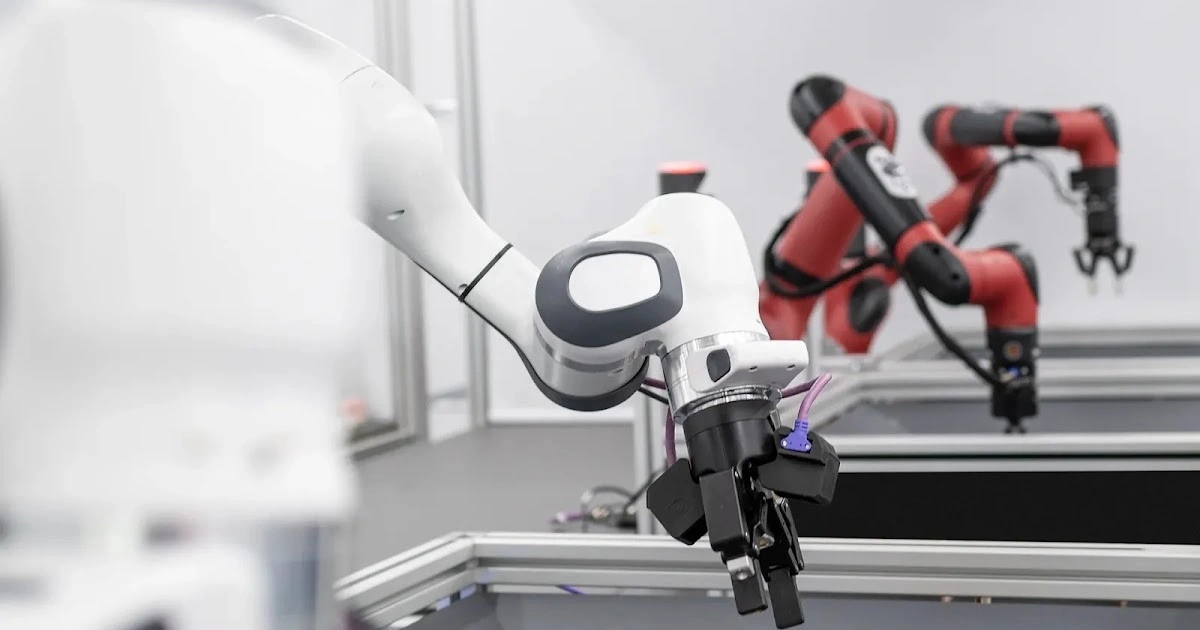New foundation agent learns to operate different robotic arms, solves tasks from as few as 100 demonstrations, and improves from self-generated data.
Robots are quickly becoming part of our everyday lives, but they’re often only programmed to perform specific tasks well. While harnessing recent advances in AI could lead to robots that could help in many more ways, progress in building general-purpose robots is slower in part because of the time needed to collect real-world training data.
Our latest paper introduces a self-improving AI agent for robotics, RoboCat, that learns to perform a variety of tasks across different arms, and then self-generates new training data to improve its technique.
Previous research has explored how to develop robots that can learn to multi-task at scale and combine the understanding of language models with the real-world capabilities of a helper robot. RoboCat is the first agent to solve and adapt to multiple tasks and do so across different, real robots.
RoboCat learns much faster than other state-of-the-art models. It can pick up a new task with as few as 100 demonstrations because it draws from a large and diverse dataset. This capability will help accelerate robotics research, as it reduces the need for human-supervised training, and is an important step towards creating a general-purpose robot


